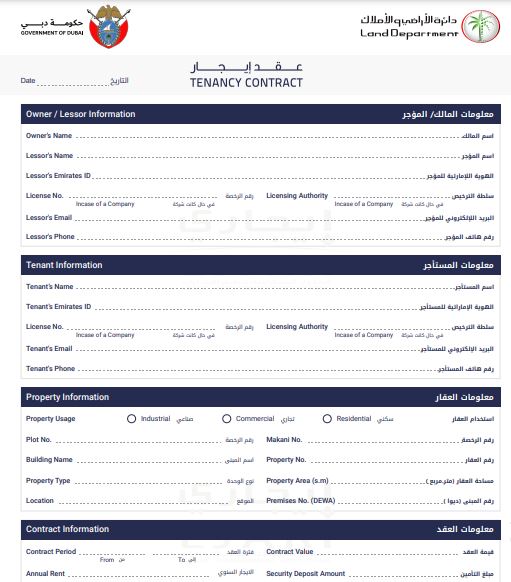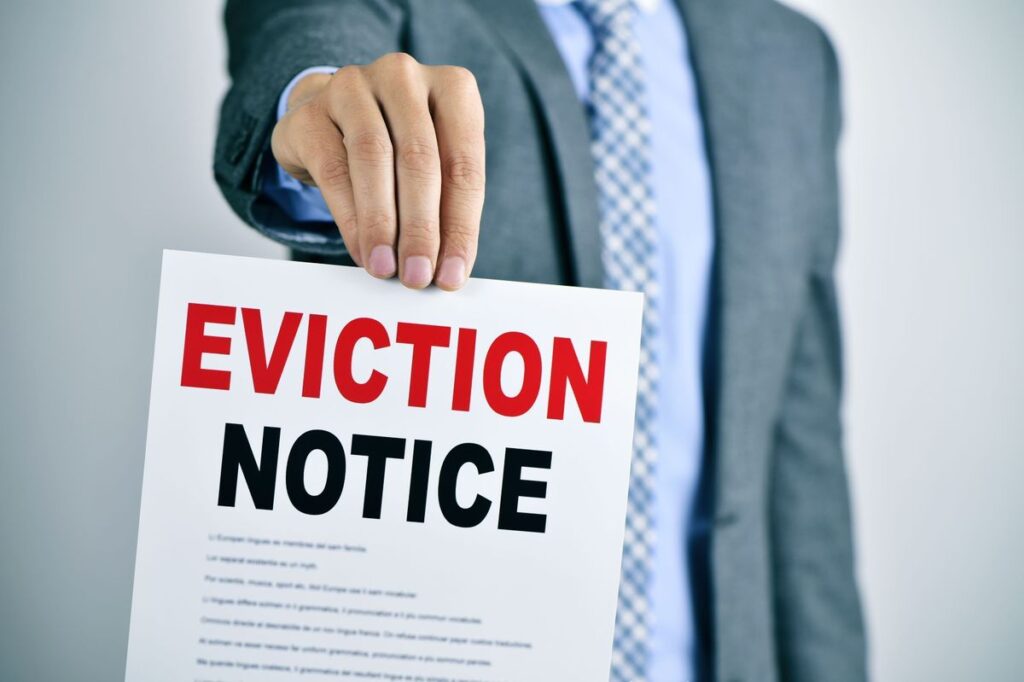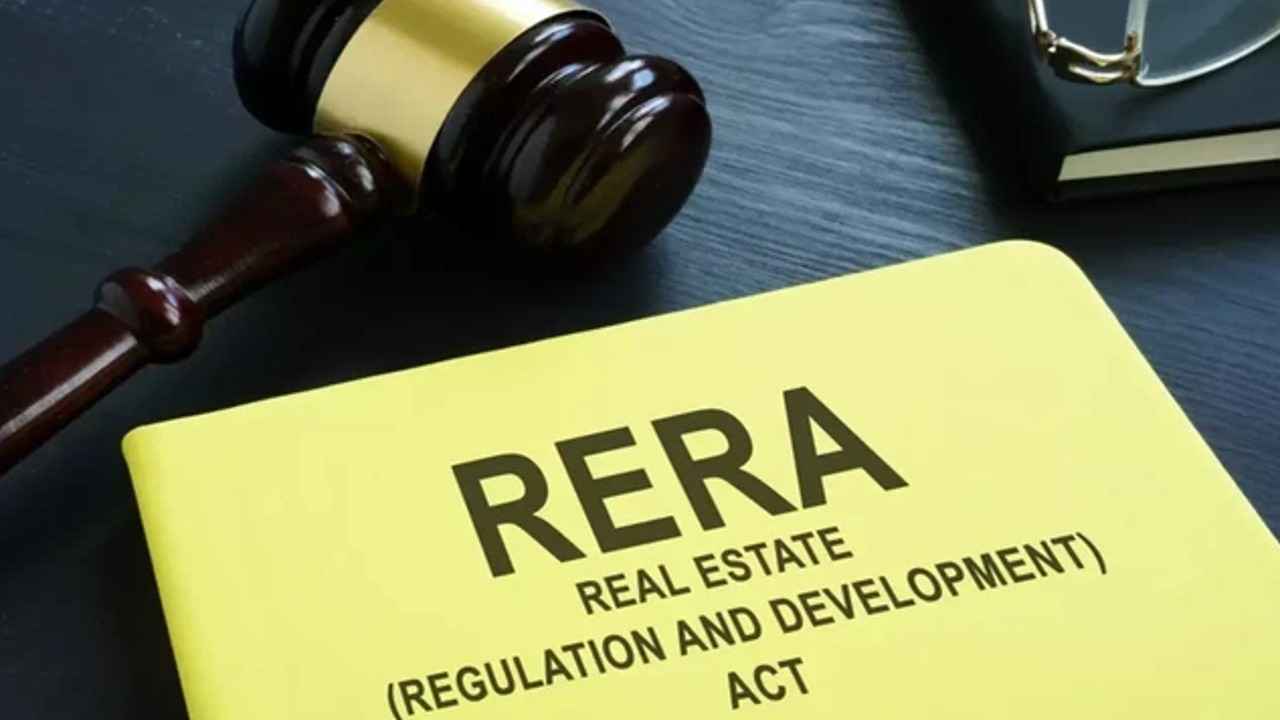If you want to rent a property in Dubai, you must know the RERA tenancy contract rules to protect your rights as a tenant or landlord. The Real Estate Regulatory Agency (RERA) sets rules that guide the relationship between tenants and landlords, helping both parties avoid misunderstandings. In this guide, we’ll break down the important laws, rent increase policies, and tenant rights in simple terms.
All about Tenancy Contract in Dubai
Rules for Rent Increases Under RERA
What is the RERA Tenancy Law in Dubai?

RERA has established a set of rental rules to make things clear between landlords and tenants. Here are the main laws you should know:
- Law No. (26) of 2007: Outlines the responsibilities of tenants and landlords.
- Law No. (33) of 2008: Adds updates to the previous law, covering contract rules and eviction terms.
- Decree No. (26) of 2013: Creates the RDC (Rental Disputes Settlement Centre) to handle disputes.
- Decree No. (43) of 2013: Controls rent increases to avoid unfair hikes.
These laws apply to all rental properties in Dubai, except hotels and company housing. All rental agreements must be registered through Ejari, a system that makes your contract official and valid.
All about Tenancy Contract in Dubai

How Long is a Typical Tenancy Contract?
Most rental contracts in Dubai last one year, but some can be longer. If your contract ends and you continue to live in the property without any objections from the landlord, the law automatically renews the contract for another year under the same terms. This rule falls under Article 6 of Law No. (26) of 2007.
Changing Contract Terms
If either the tenant or landlord wants to change anything, like the rent amount or lease period, they need to let the other person know at least 90 days before the contract expires. This is required by Article 14 of the RERA law. If no one raises any changes within this notice period, the original terms stay in place for the renewal.
Can I End My Lease Early?
RERA laws don’t have specific rules for breaking a lease early, so it depends on what’s written in your contract. Some rental agreements have an exit clause explaining the process and any penalties for leaving early. If there is no clause, you will need to negotiate with your landlord.
Rent Increases: What Tenants and Landlords Need to Know
RERA has strict rules about rent increases to prevent unfair hikes. The RERA rent calculator, available on the Dubai Land Department’s website, shows how much rent can legally increase based on the current market rate.
What Are the Rules for Rent Increases Under RERA?

- No increase is allowed if the rent is already close to market value (within 10%).
- 5% increase if the current rent is 11-20% below the market average.
- Up to 20% increase if the rent is much lower than similar properties.
If the landlord plans to increase the rent, they must tell the tenant 90 days before the lease renewal. The tenant then has the option to accept the increase or move out, but they must give 60 days’ notice if they choose to leave.
What Are a Tenant’s Responsibilities?
Tenants have specific duties under RERA tenancy contract rules:
- Pay rent on time according to the contract schedule.
- Take care of the property and get permission from the landlord before making any changes.
- Pay for minor repairs (such as up to AED 500 for apartments) if agreed in the contract.
- Clear all utility bills like DEWA, gas, and telecom services before leaving.
- Return the property in the same condition at the end of the lease to get the security deposit refunded.
What Are a Landlord’s Responsibilities?
Landlords also have obligations under RERA rules Dubai for the tenancy:
- Provide a livable property in good condition at the start of the lease.
- Handle major repairs and maintenance during the lease period unless agreed otherwise.
- Refund the security deposit after deducting any damages caused by the tenant.
- Give the tenant 90 days’ notice before raising rent or changing terms for the next lease period.
Rules for Tenant’s Eviction

There are rules that protect both tenants and landlords, so eviction can only happen under specific circumstances. Article 25 of Law No. (26) of 2007 explains when a tenant can be evicted.
Reasons for Eviction Before the Lease Ends
- The tenant hasn’t paid rent within 30 days of receiving a written notice.
- The tenant has sublet the property without permission.
- The tenant is using the property for illegal activities.
- The tenant has caused serious damage to the property.
Reasons for Eviction After the Lease Ends
If the landlord gives 12 months’ written notice, they can ask the tenant to move out if:
- The landlord plans to sell the property.
- The landlord or their family will move into the property.
- The property needs major repairs or renovation.
How to Handle Rental Disputes
If there is a disagreement between a tenant and a landlord, they can file a case with the RDC (Rental Disputes Settlement Centre). This center handles complaints related to rent increases, eviction, or disputes over the security deposit. Both tenants and landlords can submit their claims online through the Dubai Land Department’s platform.
FAQs
What Are the Rules for Rental Increase in RERA?
Rent increases follow the RERA rent calculator, which compares the current rent to the market average. Landlords must give 90 days’ notice before increasing the rent.
What Are the Rights of Tenants in Dubai?
- Tenants have the right to peaceful enjoyment of the property.
- They can challenge unfair rent increases or evictions through the Rental Disputes Settlement Centre.
- Tenants are entitled to get their security deposit back if the property is returned in good condition.
What is Article 7 of the RERA Tenancy Law?
Article 7 states that neither the tenant nor the landlord can end the lease early unless both agree to it. Even in the event of the landlord’s or tenant’s death, the lease remains valid and transfers to the heirs until it expires.
Conclusion
Knowing the RERA tenancy contract rules makes renting in Dubai easier and helps avoid conflicts. Learning about rent increases, eviction processes, and dispute resolution helps tenants and landlords manage expectations and solve problems quickly. If you are looking to rent, buy, or sell property, visit Time Homes Real Estate, the most trusted agency in Dubai’s real estate market.
For more information about Dubai’s real estate market, check out Time Homes Real Estate’s blog and explore the latest trends in the UAE property industry.










